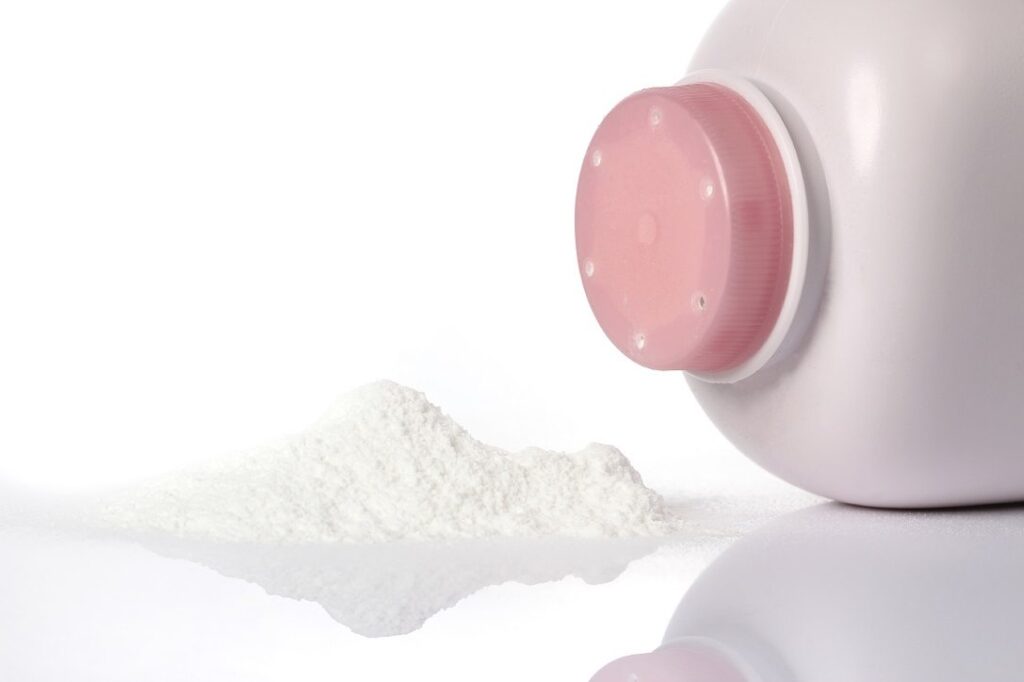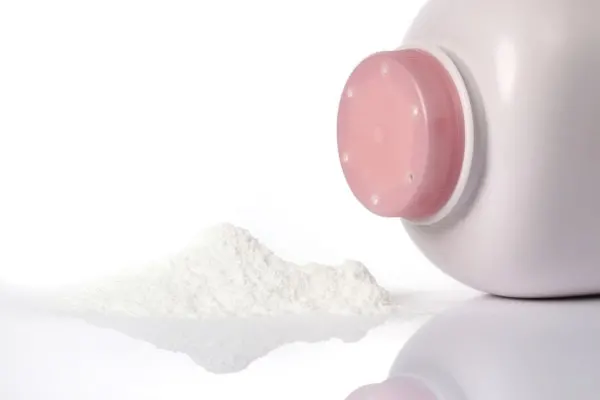Parents want the best for their kids, so naturally, we reach for foods that look healthy on the surface. However, some of the products marketed as “wholesome” or “nutritious” for children can still hide unhealthy ingredients beneath buzzwords like “low-fat” or “whole grain.”
Health myths surrounding these products make them seem like smart choices, but over time, they could contribute to serious health problems like fatty liver disease, type-2 diabetes, and obesity.
Here are 7 surprising “healthy” options that may do more harm than good.
Popular “Healthy” Foods That May Cause Long-Term Harm in Kids
Fruit-flavored yogurts
What could be healthier than yogurt? It’s packed with protein, calcium, and probiotics — or so the label says. But flip the container around, and you’ll often find a sugar bomb waiting to happen.
Many fruit-flavored yogurts marketed to kids have more sugar than a candy bar, thanks to syrups, artificial flavors, and sweetened fruit purees. A survey of nearly 900 yogurts available in UK supermarkets found that the median sugar content of children’s yogurts was 10.8 grams per 100 grams. Even the ones claiming to be “low-fat” often add extra sugar to compensate for the lost flavor, and notably, only 2% of children’s yogurts qualify as low in sugar.
Health myths about yogurt often convince parents that it’s a healthy choice regardless of its form. But if yogurt is a go-to snack in your household, plain, unsweetened varieties with fresh fruit are a much healthier option.
Granola bars
Granola bars seem like the perfect snack for active kids — portable, filling, and often labeled as “made with whole grains.” But dig deeper, and you’ll see they can be stuffed with added sugars, syrups, and unhealthy oils, making them more of a dessert than a nutritious pick-me-up.
For example, Kellogg’s Nutri-Grain Harvest granola bars can contain up to 15 grams of sugar per serving, which equals nearly 4 teaspoons.
If you’re handing your kid a granola bar, check the ingredient list carefully. Look for options that are low in added sugar and made with simple, recognizable ingredients.
100% fruit juice
It’s easy to think a juice box is a healthy way to sneak fruit into your child’s diet. After all, it says “100% fruit juice” right on the front.
But what it doesn’t say is that most of the fiber from the fruit has been stripped away, leaving behind a sugary drink that can spike blood sugar and lead to weight gain over time. Even without added sugars, the naturally occurring sugars in fruit juice are highly concentrated — and when kids drink it daily, the impact adds up.
One study analyzing the sugar content of fruit juices, juice drinks, and smoothies marketed to children found that the average sugar content in 100% fruit juices was 10.7 grams per 100 milliliters.
So, don’t let this health myth fool you. Whole fruit is always the better choice, but if juice is unavoidable, consider diluting it with water to reduce the sugar content.
Veggie chips
Veggie chips sound like a dream — a snack with vegetables baked right in. But most veggie chips are far from the fresh, colorful veggies pictured on their packaging. Instead, they’re often made from powdered vegetable blends or starchy flours, fried in unhealthy oils, and dusted with salt.
It’s not a stretch to say that they’re essentially potato chips in disguise. Veggie straws have 220 milligrams of sodium per serving, whereas potato chips contain 170 milligrams of sodium per serving. (That said, veggie chips do have less fat and calories comparatively).
If you’re looking for a crunchy snack, try air-popped popcorn or baked veggie slices instead.
Flavored instant oatmeal
Oatmeal has a reputation for being a hearty, healthy breakfast, but the instant, flavored packets can be a sugar trap. With claims like “made with whole grains,” these packets sound nutritious, but many varieties pack between 10 to 17 grams of sugar per serving. What’s worse, the artificial flavoring and additives mean kids may not be getting the benefits of a truly wholesome breakfast.
Stick with plain oats and add natural toppings like fresh fruit, cinnamon, or a drizzle of honey for a much healthier start to the day.
Whole wheat bread
Whole wheat bread often looks like the healthier choice, but not all loaves are created equal. Many brands marketed as “kid-friendly” sneak in added sugars, artificial flavors, and refined flour, which negates much of the nutritional benefit. That brown color? It’s sometimes more about caramel coloring than whole grains.
When choosing bread, don’t be misled by health myths. Look for “100% whole wheat” as the first ingredient, and avoid loaves with a long list of unfamiliar additives.
Nut butters with additives
Nut butters like peanut butter can be a healthy source of protein and fats — but not when they’re packed with added sugar, hydrogenated oils, and other fillers. Many brands marketed to kids advertise “extra creamy” or “fun flavors,” but these can come with ingredients that do more harm than good.
Look for nut butters with just two ingredients: nuts and maybe a pinch of salt.
Take Control of Your Family’s Health Today
Understanding the hidden dangers of these health myths when shopping for groceries is an important first step in protecting your family’s health. But with so many “healthy” snacks marketed to children easily exceeding recommended limits set by the Dietary Guidelines for Americans, it’s no wonder families are left grappling with the consequences of these dietary traps.
While choosing better options can reduce the risks, it’s clear that the influence of ultra-processed foods goes far beyond what any parent can control. Currently, families across the country are holding food companies accountable for the harm caused by their deceptive practices.
If your child has experienced serious health issues like obesity, type-2 diabetes, or fatty liver disease, and you believe ultra-processed foods played a role, you may have legal options.
Learn more about how you can take a stand for your child’s health today.






